Solidago Conservancy
Lincoln, Nebraska
Solidago Conservancy is on a mission to preserve our landscape and the stories it holds.
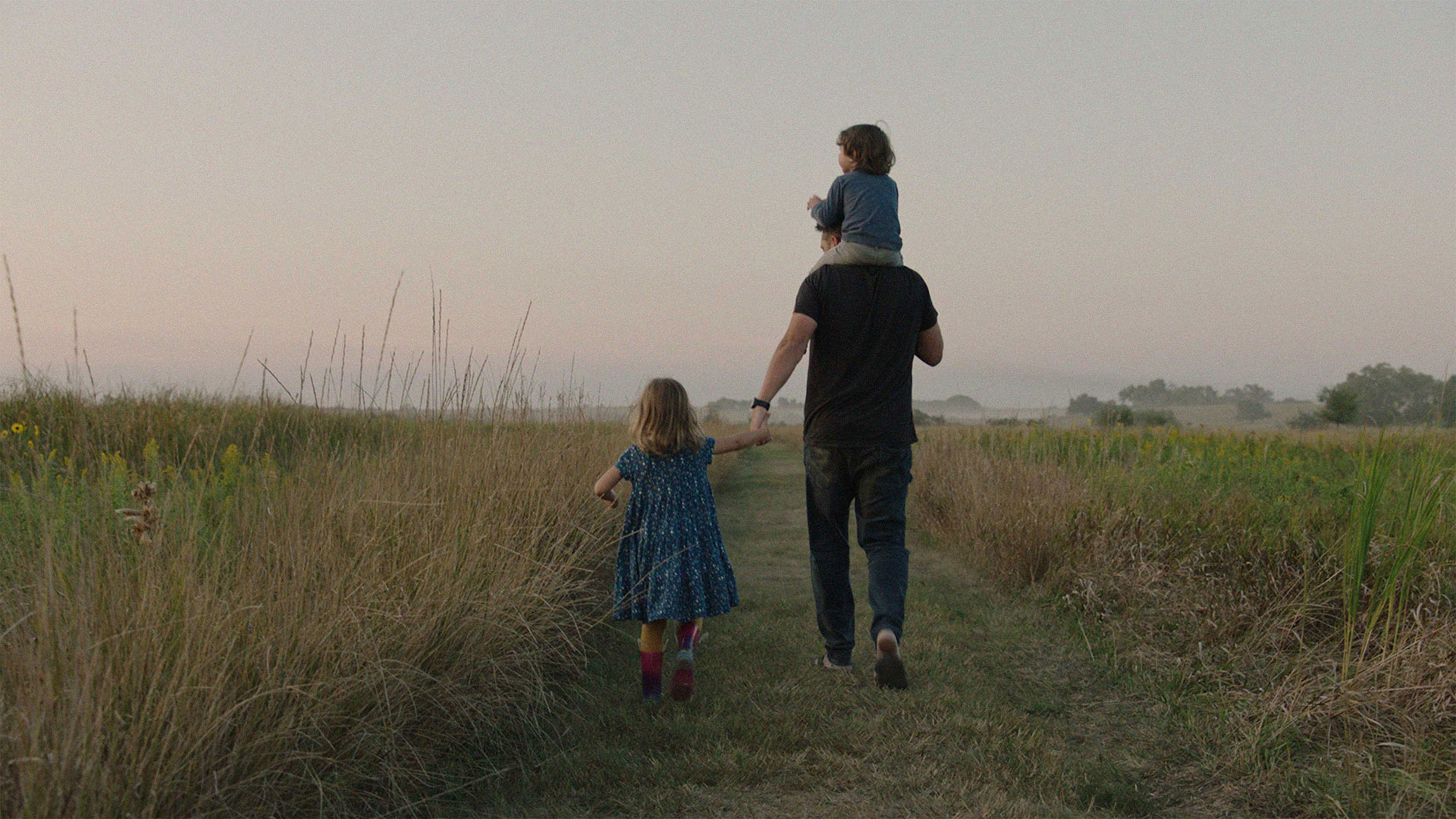
Our Mission
We ally with partners to conserve and connect a resilient landscape for generations to come.
Continue on to learn about our plan for a more interconnected region.
We come and we go but the land is always here.
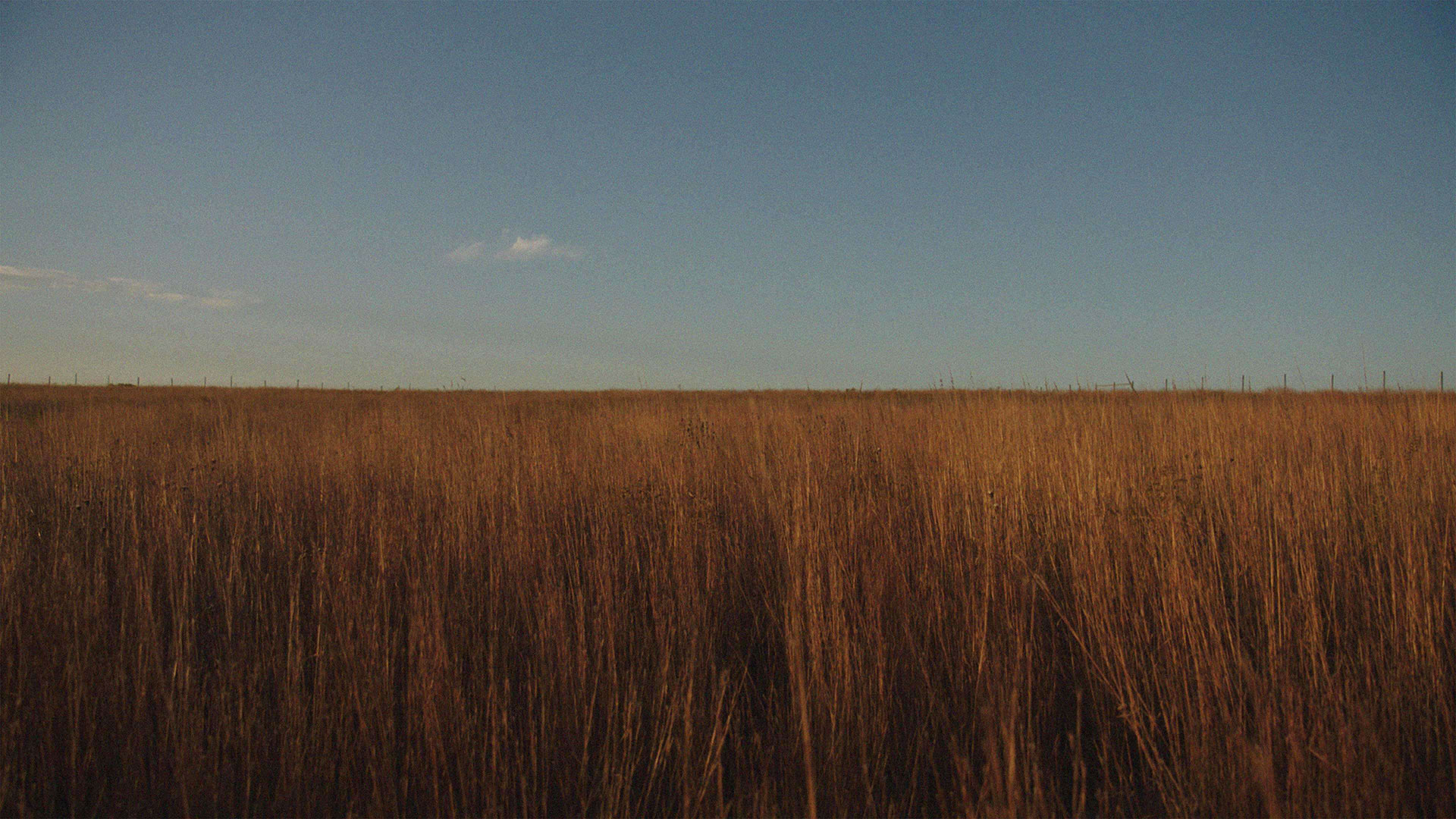
Our Plan
Solidago Conservancy works with public and private partners to expand greenways throughout the urban area, connecting people with nature and open space.
The rich mosaic of open land we enjoy today is built upon decades of collaborative work throughout the region. Solidago will continue this legacy, providing leadership to develop a “greenprint” of resilient landscapes for all people to enjoy today and to pass down to those who inherit this land in the future.
- Key Natural Resources
- Salt Valley Greenway
-
Prairie Corridor On Haines Branch
The Prairie Corridor will provide restoration of a continuous passage of tallgrass prairie and trail along the Haines Branch of Salt Creek extending from the Pioneers Park Nature Center to Spring Creek Prairie Audubon Center. Significant portions of the Prairie Corridor have been conserved by the Prairie Corridor Partnership by working with interested landowners.
-
South Beltway Link
The Comprehensive Plan includes a greenway and trail connection along the north side of the South Beltway now under construction that will connect the Stevens Creek greenway and Crescent Green and Wilderness Park.
-
Stevens Creek
The Stevens Creek greenway traverses the rural landscape to connect with the developing area of Lincoln. It includes floodplain, wooded corridors, open space, cultural resources and a planned future trail. Portions of the Stevens Creek greenway have been conserved as parkland or conservation easements.
-
Crescent Green
& Wilderness ParkCrescent Green runs along Salt Creek through the urban area of Lincoln. It includes the Salt Creek Levee Trail, the large wooded riparian corridor of Wilderness Park and a trail network through the park. This greenway is anticipated to extend southward in the future.
-
Rock Creek
Nebraska’s Eastern Saline Wetlands are unique natural resources found mostly along Little Salt Creek and Rock Creek in Lancaster County. Significant portions of these wetlands have been conserved by the Saline Wetlands Conservation Partnership by working with interested landowners. This includes the Jack Sinn Wildlife Management area, a 1,500-acre complex of saline and freshwater wetlands in the northern portion of the Rock Creek Watershed.
-
Little Salt Creek
Nebraska’s Eastern Saline Wetlands are unique natural resources found mostly along Little Salt Creek and Rock Creek in Lancaster County. Public access is offered at nine different wildlife management and conservation areas in the Little Salt Creek watershed for the enhancement of wildlife habitat. These sites offer many activities, including hiking, bird watching, and nature study, with some sites available for hunting and fishing.
Story OneWhat it means to be a land owner.
Preserve
Legacy
The ground we stand on is rich with memories, some our own, and some that precede us. For all of us though, there comes a time when we consider what happens with the land when we move on. This takes planning and foresight, but can be a beautiful way to preserve a legacy for generations to come.
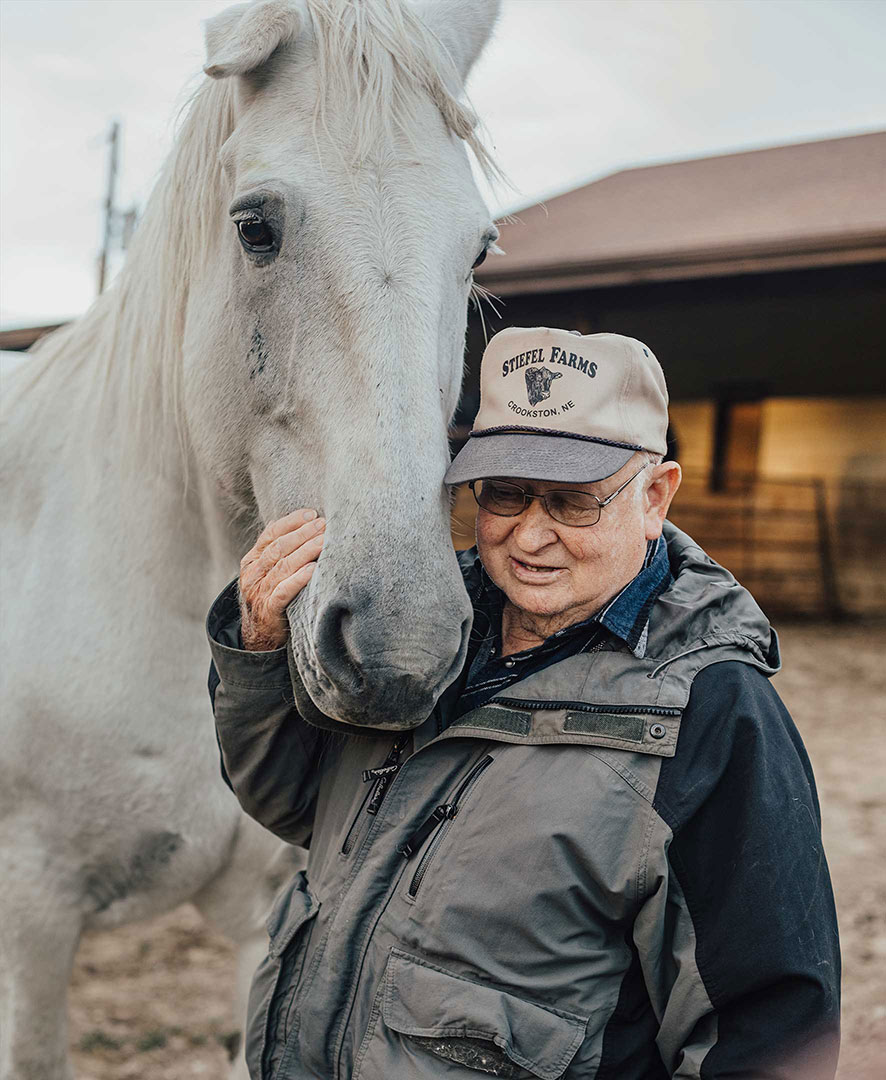
Story One
The Stiefels
On Legacy
Tim and Judy Stiefel have had a connection to this land for more than 50 years. Born and raised here in the region, they sought out an opportunity to donate land for a trailhead and tallgrass prairie conservation to restore the natural habitat and ensure that the community can experience its enduring beauty.
Follow the journey of Judy and Tim Stiefel as they talk about realizing this lasting legacy.
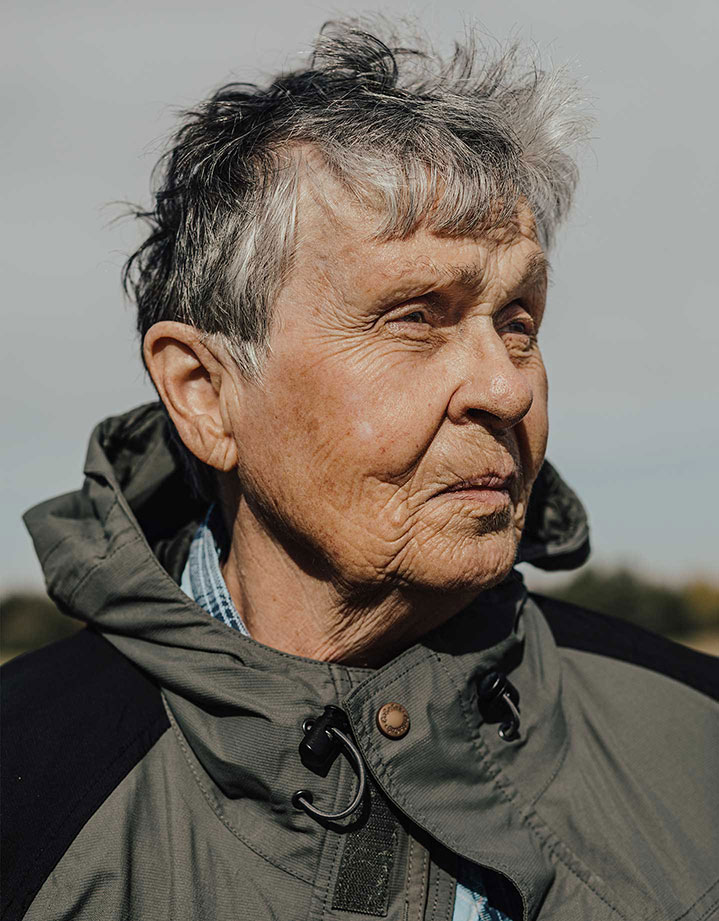
It’s just home.
And it always will be.
- Judy Stiefel
Read on to learn about Solidago and land conservation.
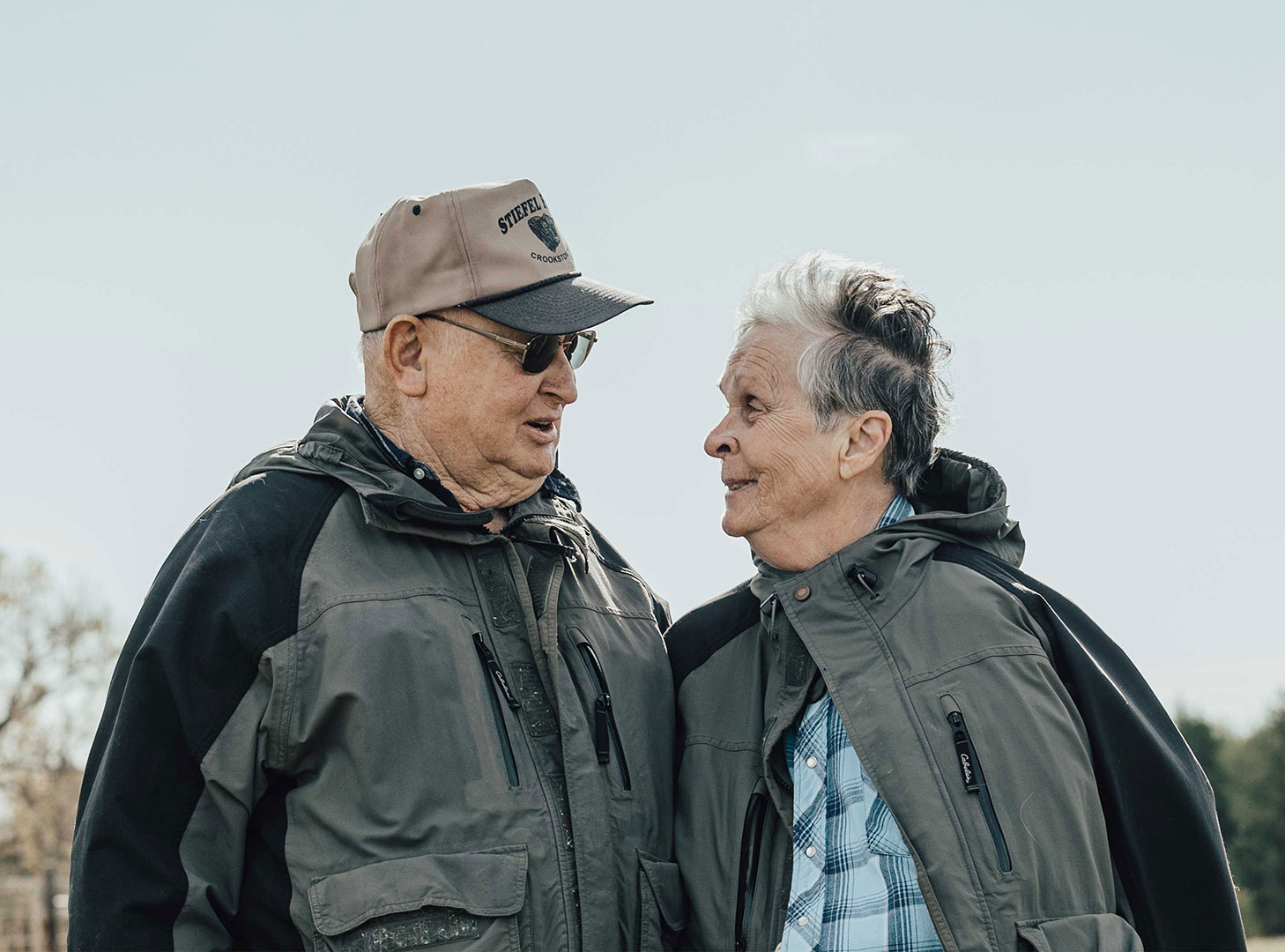
Story TwoWhat it means to be a steward of the land.
Preserve
Ecology
If you took farm land and let it go, it would come up as prairie grass without even planting a seed. Nature can find its way back. And it can find its own equilibrium.
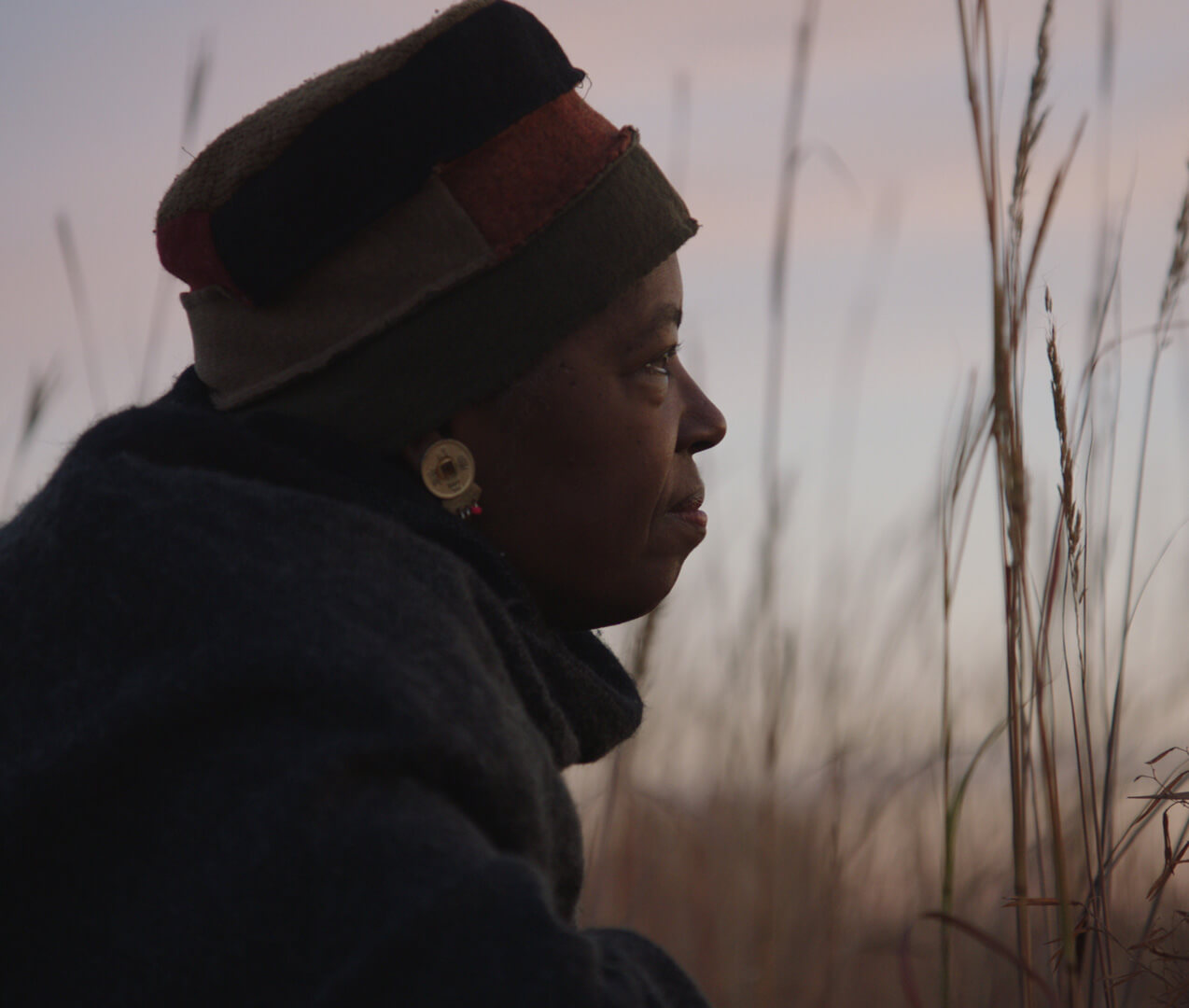
Story Two
Stewards
of the land
with Sändra Washington
Salt Valley was once a vast prairie wilderness with a unique saline wetland landscape. The path to conservation is guided by a master plan that provides a “greenprint” for protecting jewels of the natural world: saline and freshwater wetlands, rare tallgrass prairie remnants, and meandering waterways. The plan ensures an increase in habitat diversity and focuses on corridor connectivity to support a resilient natural landscape. Land preservation is accomplished through a voluntary, incentive-based approach with interested landowners.
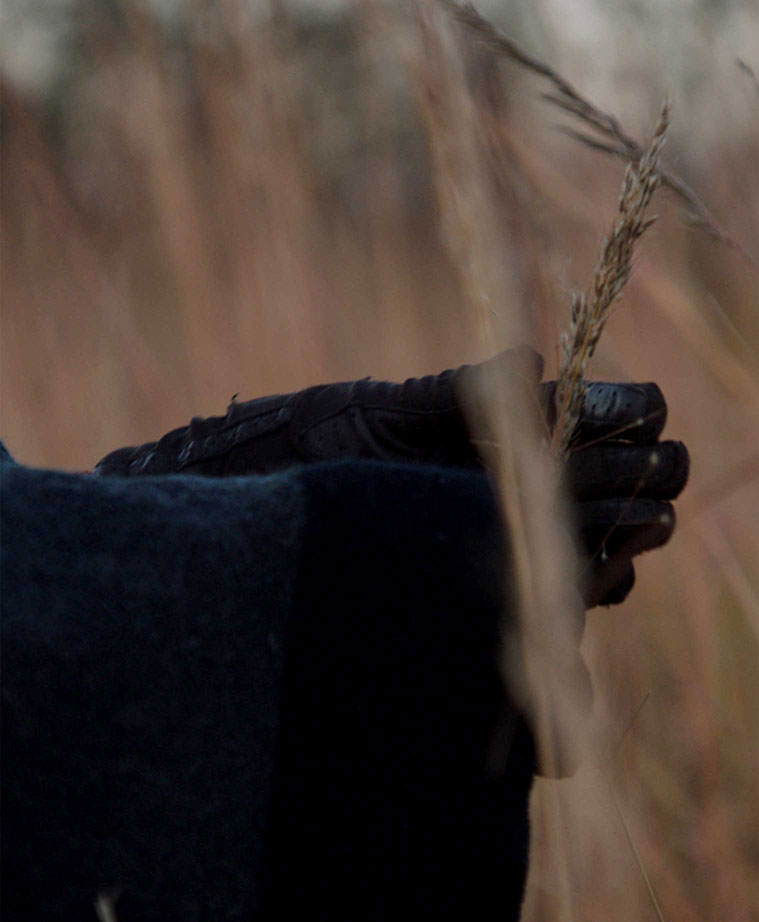
When we take care of the earth,
it takes care of us.
- Sändra Washington
Read on to learn how you can experience the joy of nature today.
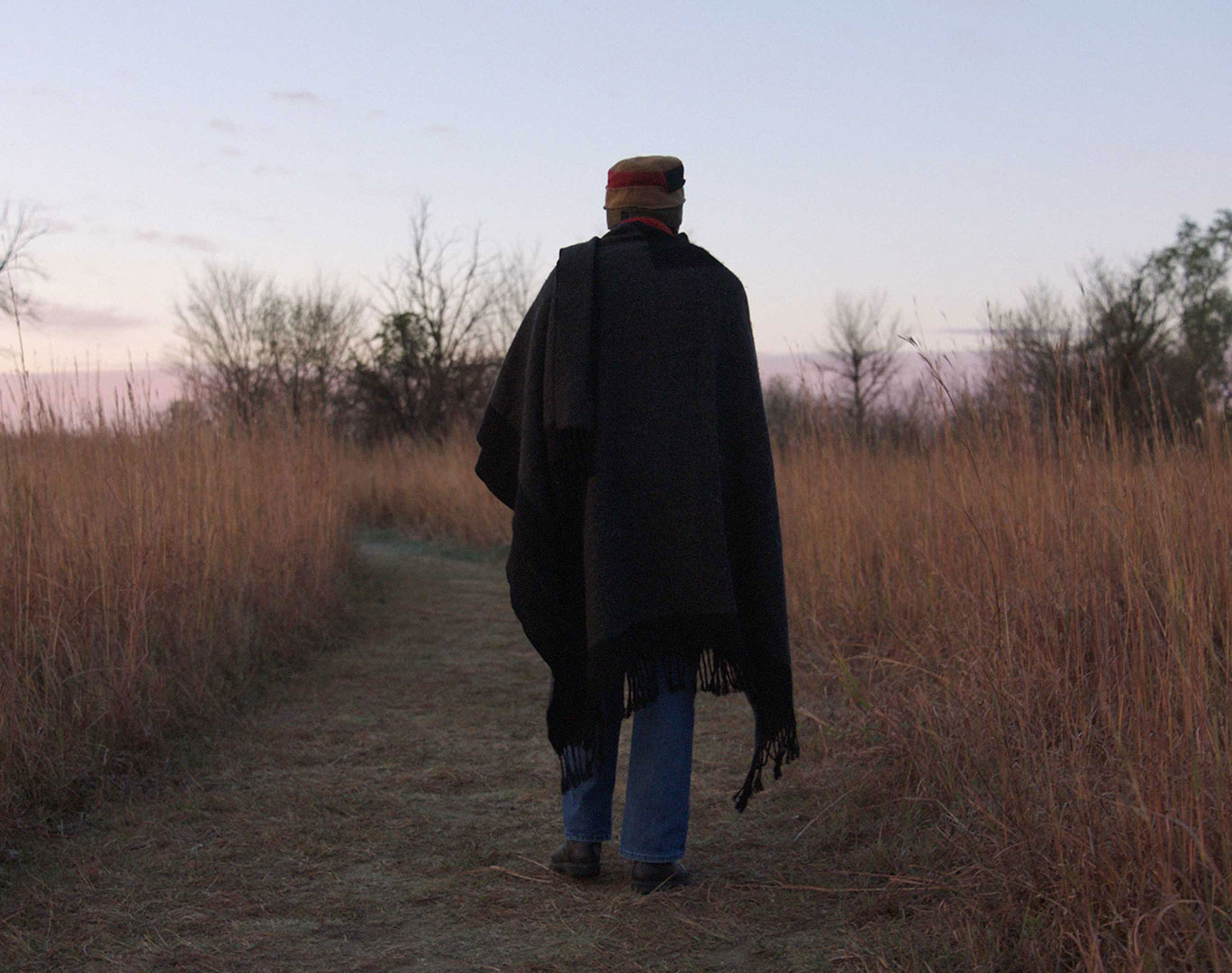
Story ThreeWhat it means to connect with joy in nature.
Preserve
Connection
Having a meaningful connection with the land is intrinsically tied to accessibility. And there are a wide range of people working together to ensure that everyone in our community has greater access to the many trails, greenways and wildlife throughout Salt Valley Greenway and its connecting corridors.
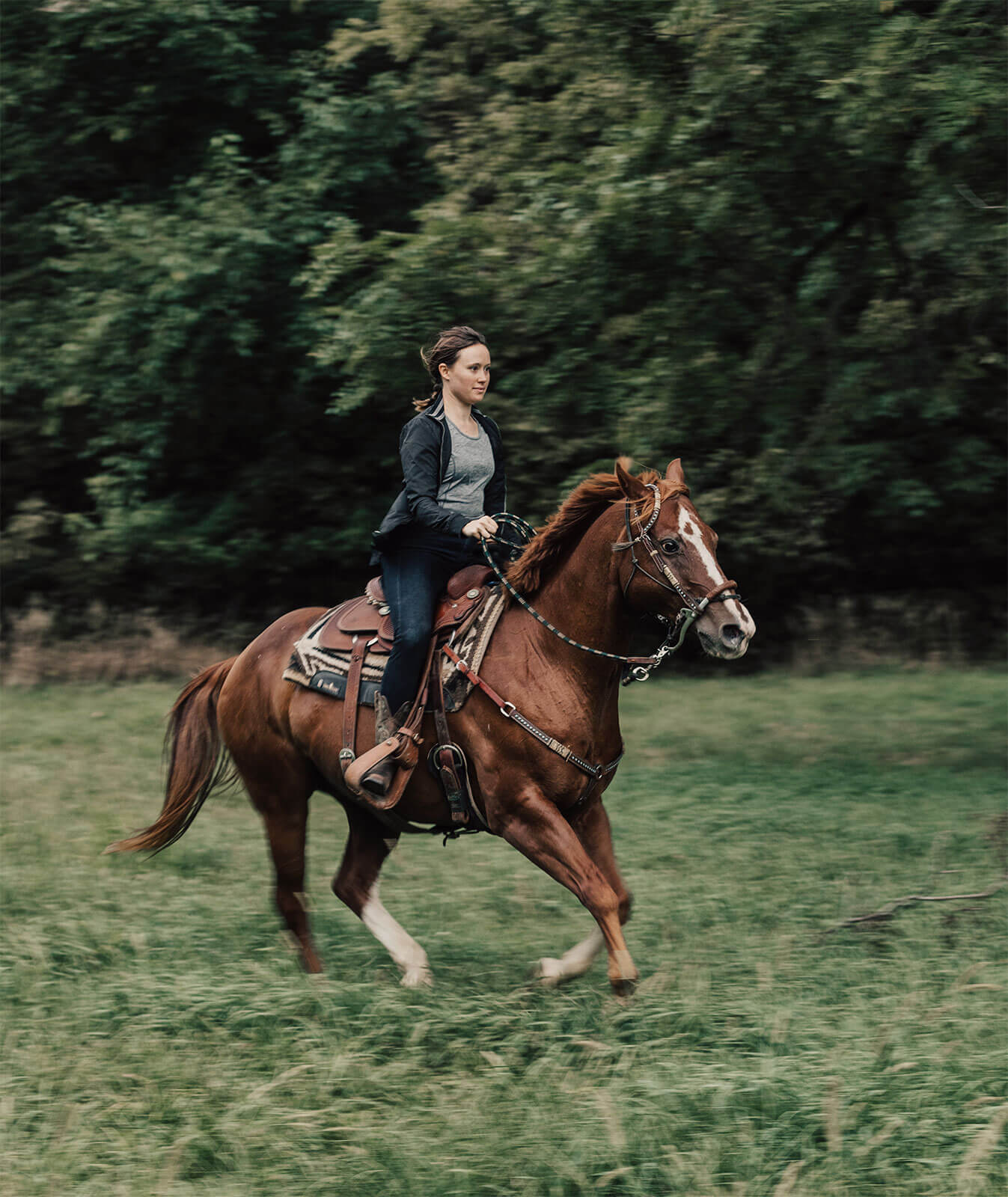
Story Three
Experience
Nature
with Anna Wishart, Meghan Sittler, Ann Ringlein
Anna Wishart has a life-long relationship with the parks and nature corridors that surround Lincoln. From long walks, to long distance running, to horseback riding, there is a certain wonder in maintaining our connection with nature everyday.
Watch as Anna Wishart and others talk about how they are working together to ensure that the land is accessible to all.
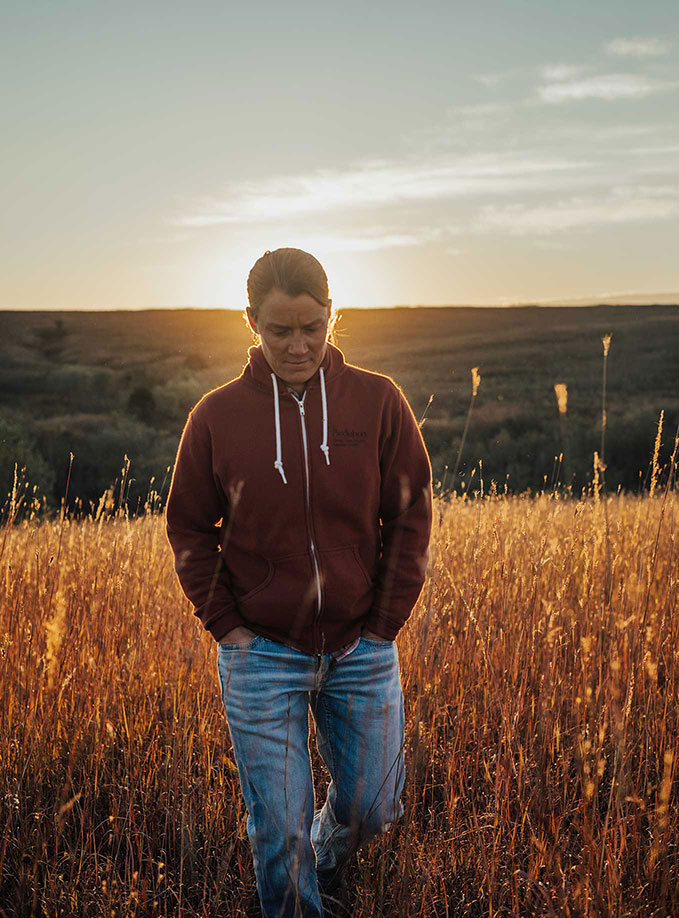
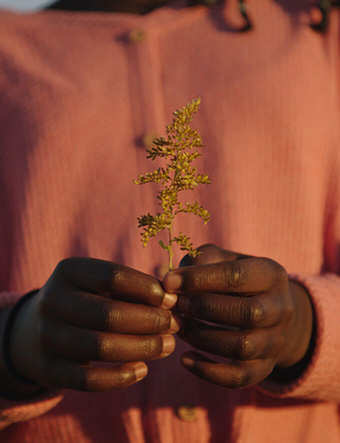
What is the legacy we’re going to leave for future generations?

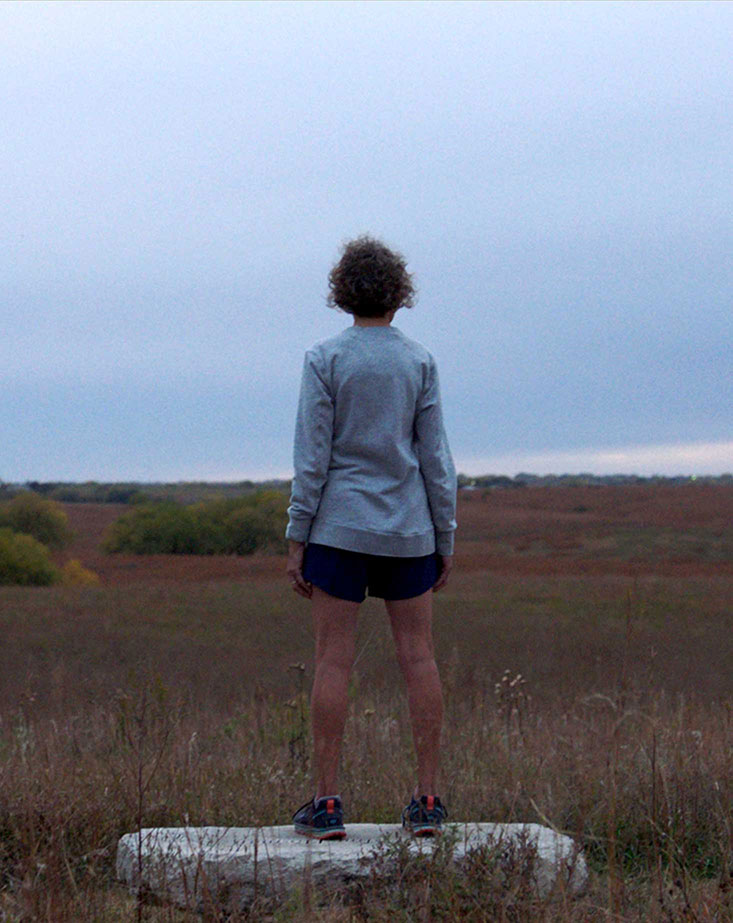
There’s something in the soil that roots us here.
- Ann Ringlein
Learn more about how Solidago Conservancy is working with a range of partners to bring vision to life.
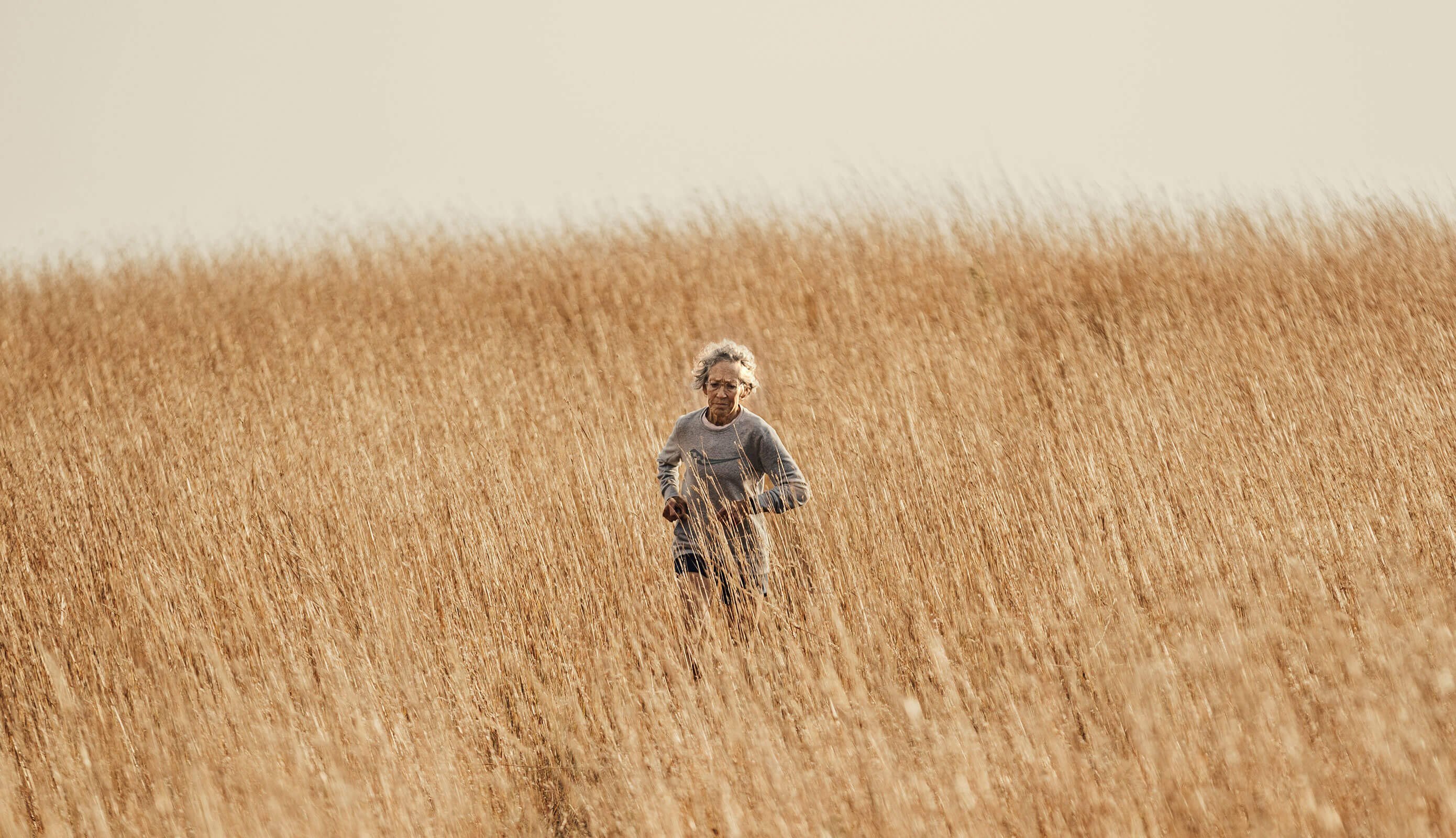
About
Solidago
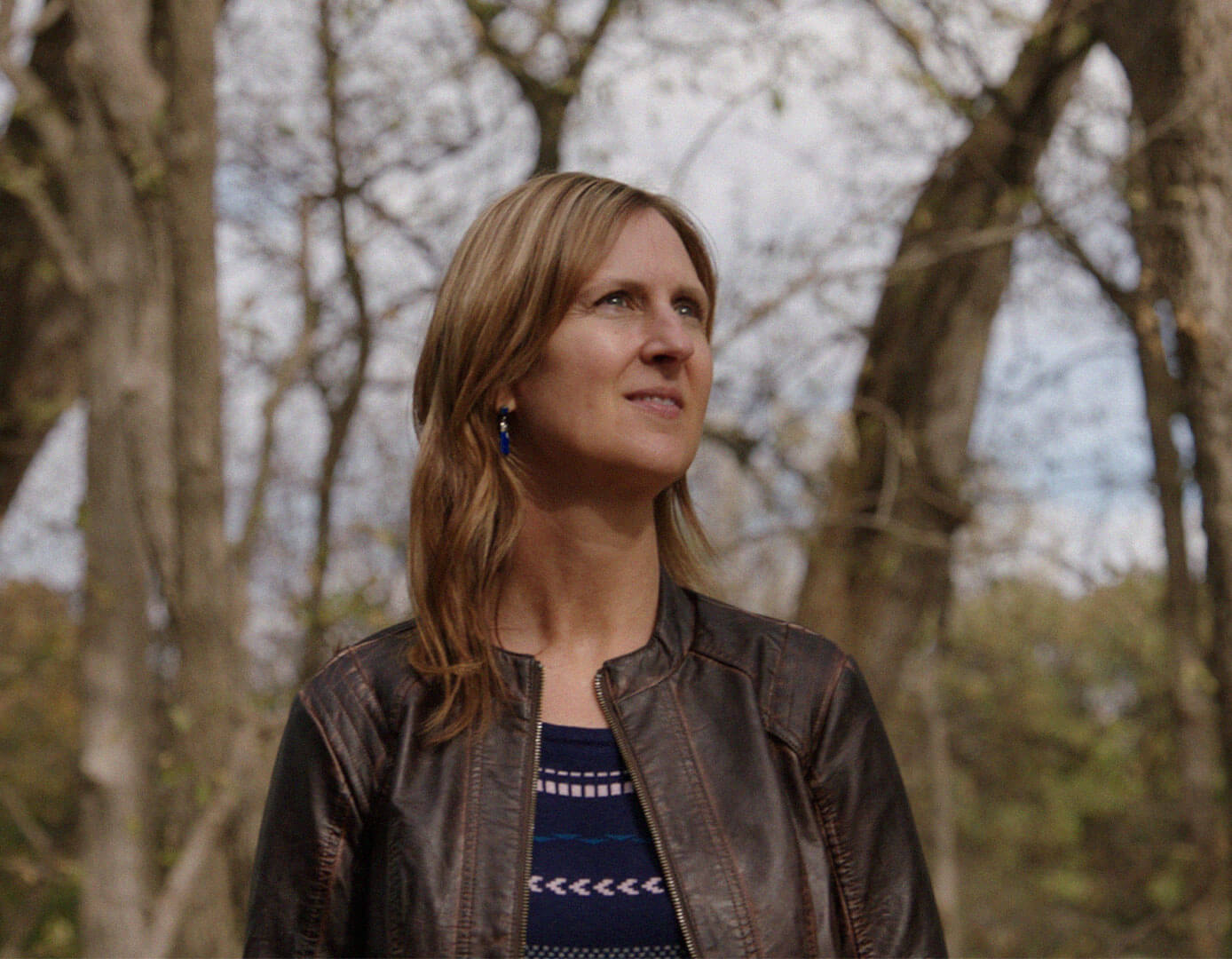
Solidago is the Latin name for the Nebraska state flower, the goldenrod. It means “to make whole.”
The vision for Solidago Conservancy is just that: to conserve a thriving and interconnected landscape for all in the region to experience.
Solidago works with landowners and other partners to conserve natural areas, protect green spaces and to connect people with the open land.
Solidago is affiliated with the Lincoln Parks Foundation, which works in partnership with the City of Lincoln’s Parks and Recreation Department to inspire and nurture a philanthropic legacy for parks and recreation in the Lincoln community.
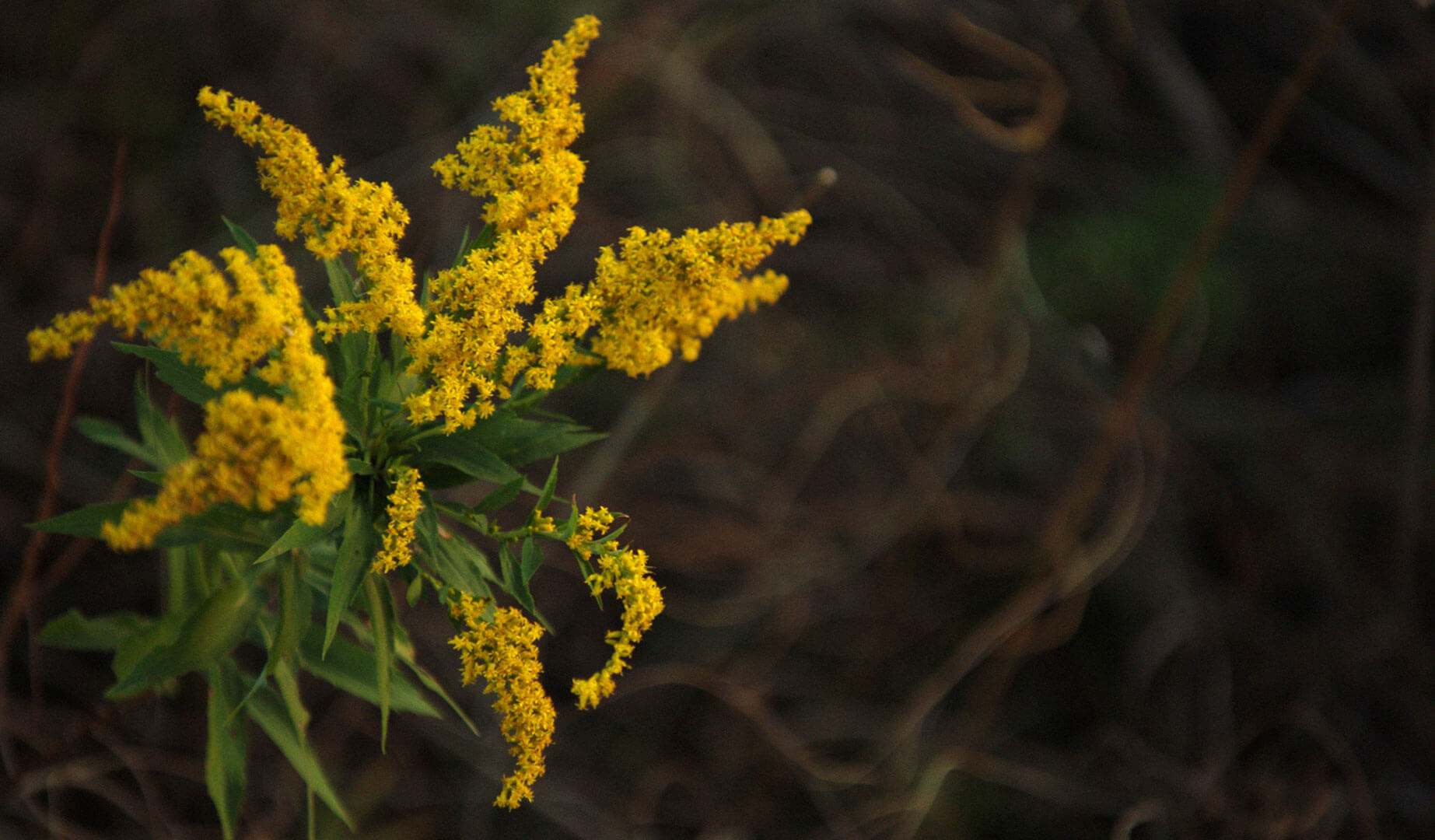
Contact
3131 O Street, Suite 301
Lincoln, NE 68510
Nicole Fleck-Tooze, Executive Director
Travis Jensen, Community Conservation Coordinator
Board Members:
Brad Brandt (Chair)
Glynnis Collins (Vice-Chair)
Jeff Jewell (Secretary-Treasurer)
David Cary
Lynn Johnson
Cathy Rustermier
Mike Sousek
Ray Stevens
Renee Yost
The land belongs to the future
- Willa Cather


